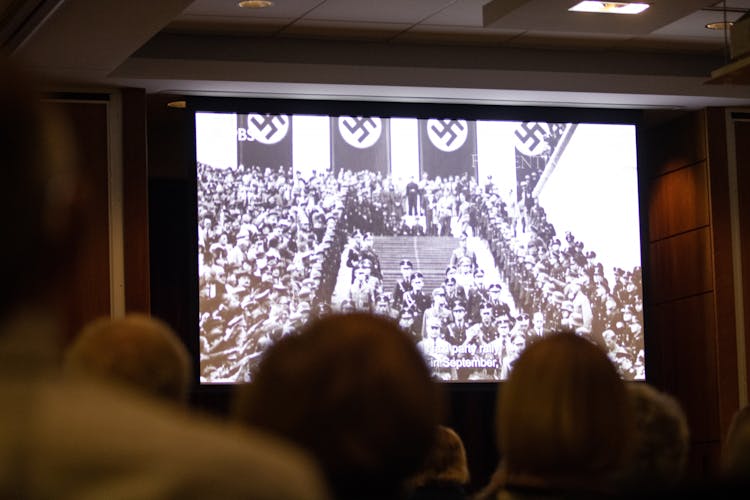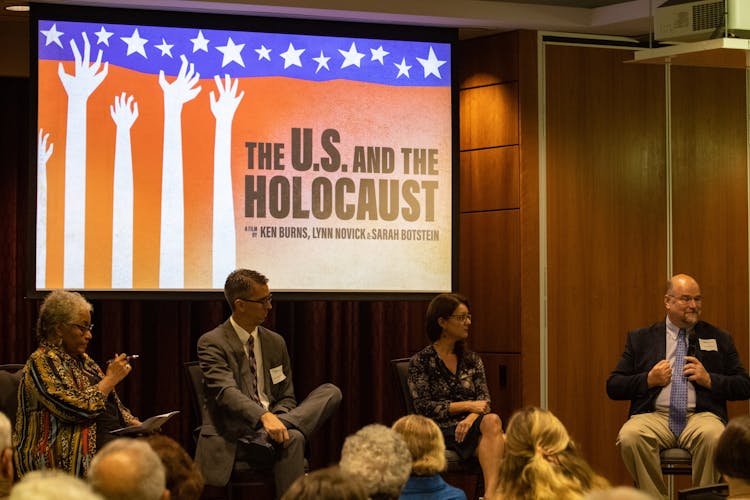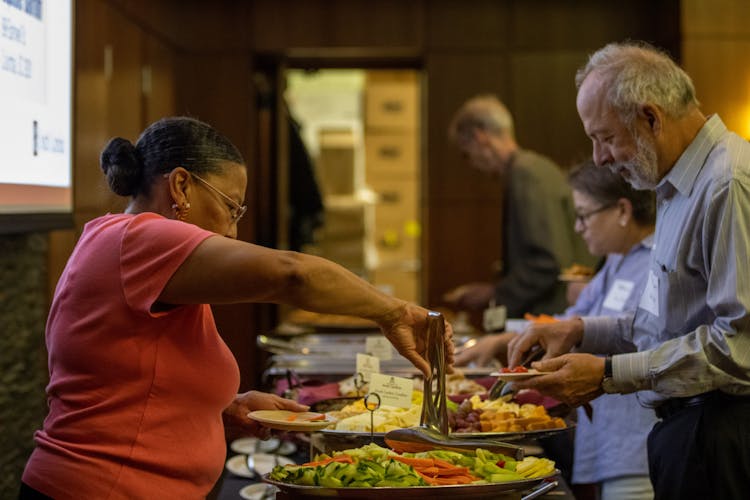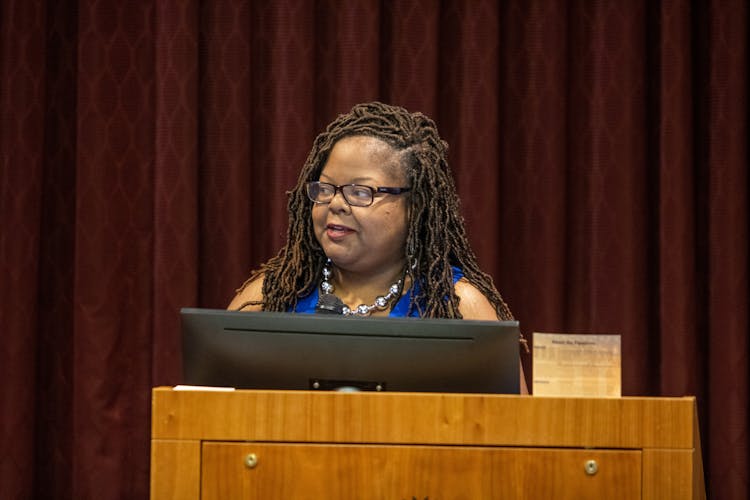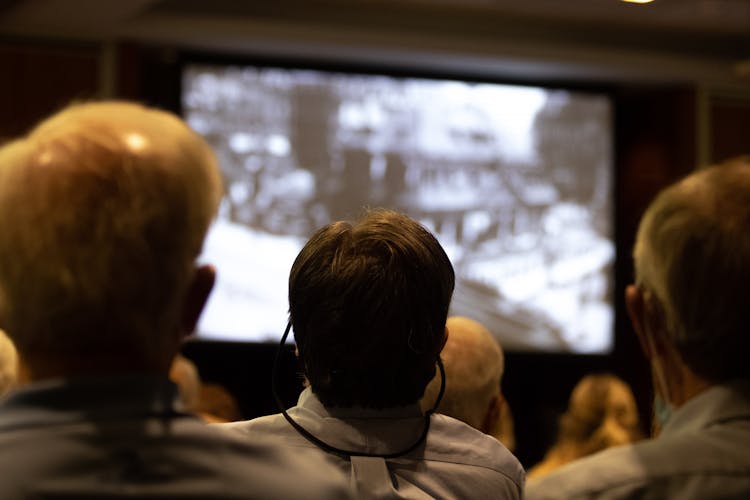An early showing of a new PBS documentary series by 16-time Emmy award-winning director Ken Burns, "The U.S. and the Holocaust," premiered Wednesday on campus before its official release on Sept. 18.
The executive director of the Anne Frank Center at USC, Doyle Stevick, brought the showing to campus because of his role in the series' production. The event, co-directed by Lynn Novick and Sarah Botstein, was held in coordination with the South Carolina Council on the Holocaust and South Carolina Educational Television.
When introducing "The U.S. and the Holocaust," Stevick compared the documentary to projects such as "Schindler’s List" (1993) and "The Diary of Anne Frank."
The three-part series follows the years leading up to and during World War II and explores America's role in Jewish liberation.
"I think that Ken Burns, Lynn Novick and Sarah Botstein have given us a new lens through which to view (the Holocaust), particularly as Americans, and what this is about us and our national character," Beryl Dakers, reporter and moderator of the event's panel, said.

The premiere was followed by a discussion panel, which was introduced by Leah Chase, a board member of the South Carolina Council on the Holocaust.
This panel included Stevick and Dakers, as well as Saskia Coenen Snyder, an associate professor of Modern Jewish History and interim-director of Jewish studies at USC, and Scott Auspelmyer, the executive director of the South Carolina Council on the Holocaust.
The goal of the panel was to combat misinformation and disinterest regarding the Holocaust. Coenen Snyder discussed rectifying this behavior via education about the atrocity.
When people think about the Holocaust, they often think about an event that happened on another continent in a different era, Coenen Snyder said.
"And that's a very simplistic view," Coenen Snyder said. “The ideas (of the Holocaust) are not bound by borders ... They don’t end in 1945."
Hillel is an organization at USC that offers Jewish students a space to connect with each other and with Columbia’s Jewish community.
Madelyn Miller, a third-year sport and entertainment management student and current President of Hillel, welcomed the documentary to campus.
“I think it's really important for students to watch it. It's a chance to become more educated on the topic, so that we make sure that nothing like it ever happens again," Miller said.
Continued education and awareness at USC can help foster inclusivity and open-mindedness to thrive on campus, she said.
“It's not enough to rely on heroes that risked their lives," Stevick said. "We need to create communities that stand up together. We need to have that moral commitment together before it happens. We need to have communities of up-standers."

